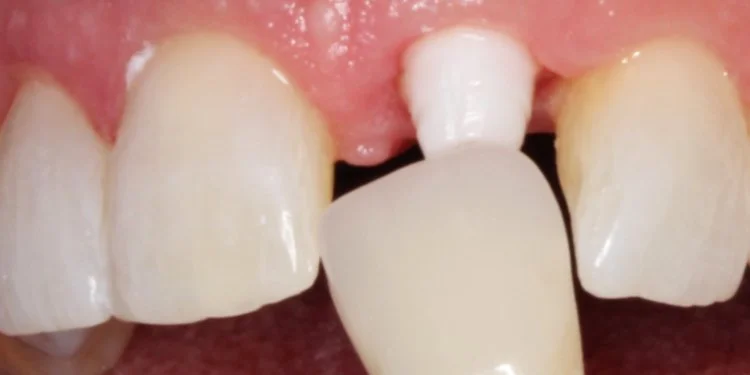Metal Free Implants
Implants replace missing teeth. They can replace a single tooth, or as many teeth as you need. They can also secure a loose partial or full dentures.
-
Ceramic implants are made from zirconium oxide. We use Z-Systems and SDS ceramic implants. For patients with concerns about biocompatibility, we can test the material against your immune system, prior to placement. Zirconium oxide is recognized for being more biocompatible than titanium.
-
We conduct a comprehensive exam to determine your needs and discuss the benefits and risks of the implant, as they apply to you.
The implant is placed in the jaw through a minor surgical procedure. Implant placement is one of the most successful of all surgical procedures available. Discomfort and recovery is often much less than that of an extraction.
Once the implant has healed, which takes between 4-6 months, the implant is ready to be used for its intended purpose; to support a tooth, bridge, or denture.
-
Let’s face it, implants can be spendy. However, consider these points:
Long term maintenance costs and repairs of implants tend to be minimal, compared to many other alternatives such as bridges. Commonly, after 5-10 years, the total cost of having a bridge tends to be higher than having an implant.
There is nothing like the real thing, but an implant comes closest to nature : The chewing forces are the same, you take care of it the same way, (by brushing and flossing), and it looks real.
Chewing is very important to your health! Did you know dentures only produce 10% of the chewing power of natural teeth? Supporting a denture with implants increases that chewing power.
The more foods you can chew easily, means better nutrition for your body. Giving your body what it needs to be alive and healthy all starts with a healthy mouth!
Discolored root canal tooth.
Color match and crown placement.
Temporary crown after implant.
Final implant result.





